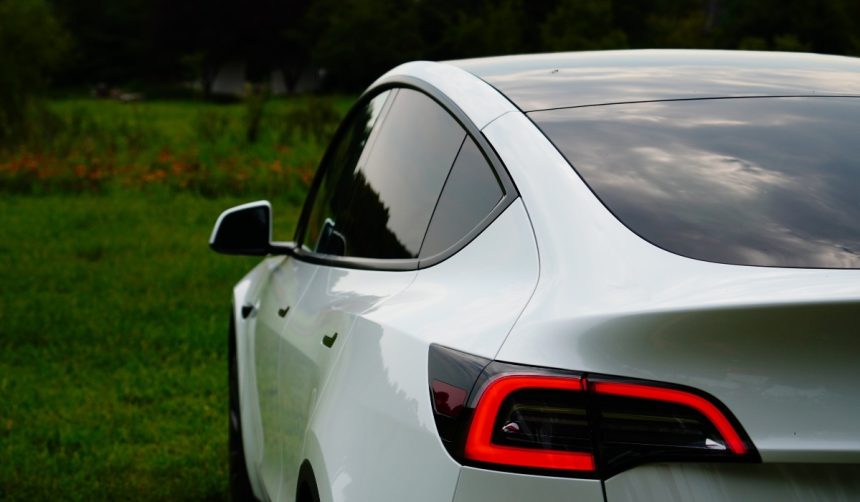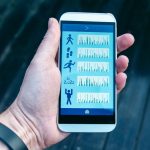Tesla owners may soon see improvements in their vehicles’ rearview camera functionality as the company implements a new over-the-air software update. This update aims to address a recent recall issued by the National Highway Traffic Safety Administration (NHTSA). With advancements in software capabilities, Tesla continues to streamline vehicle performance and safety features remotely.
This round of updates follows the initial recall in November, which targeted a larger number of vehicles. The latest software fixes appear to address the remaining issues more effectively, as fewer vehicles report problems. This suggests that Tesla’s interventions are progressively mitigating the recall’s impact.
How Many Vehicles Are Affected by the Recall?
Approximately 239,382 Tesla vehicles, including Model 3, Y, S, and X from specific years, are subject to the recall.
What Causes the Rearview Camera Display Issue?
The problem arises from a short in the primary and/or secondary power components of the Autopilot and Full Self-Driving computer systems.
What Actions Should Owners Take?
Owners who have not experienced any camera issues need not take immediate action, while those affected should schedule service with Tesla.
Tesla responded by deploying over-the-air updates that modify the power-up sequence to prevent the shorting failure.
On or shortly after December 18, 2024, at no cost to customers, affected vehicles began receiving an over-the-air (OTA) software update that changes the vehicle power up sequence to prevent the shorting failure condition to the primary and/or secondary power component. No further action is necessary from owners of affected vehicles that are equipped with software release 2024.44.25.3, 2024.45.25.6 or a later release if an affected vehicle has not experienced the shorting failure condition or stress that may lead to the shorting failure condition. Tesla is actively working to identify which affected vehicles, if any, experienced stress that may lead to the shorting failure condition. If an affected vehicle experienced the shorting failure condition or stress that may lead to the shorting failure condition prior to installing software release 2024.44.25.3, 2024.45.25.6 or a later release, then Tesla will replace the vehicle’s car computer at no cost to the customer.
Owners who did not encounter any of these issues are generally not required to schedule service with Tesla. However, those who experienced camera failures during the last recall period or right after a software update should contact Tesla for service appointments.
Addressing this issue effectively ensures that Tesla maintains its commitment to vehicle safety and customer satisfaction. By managing such recalls promptly, Tesla minimizes potential disruptions and upholds its reputation in the electric vehicle market.










